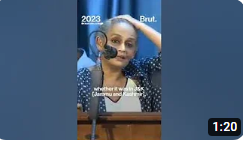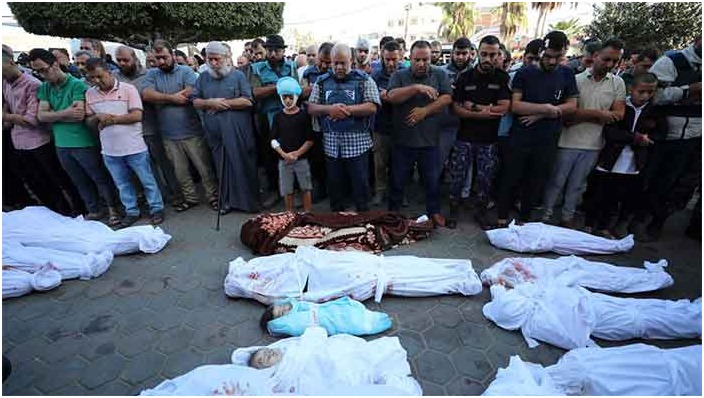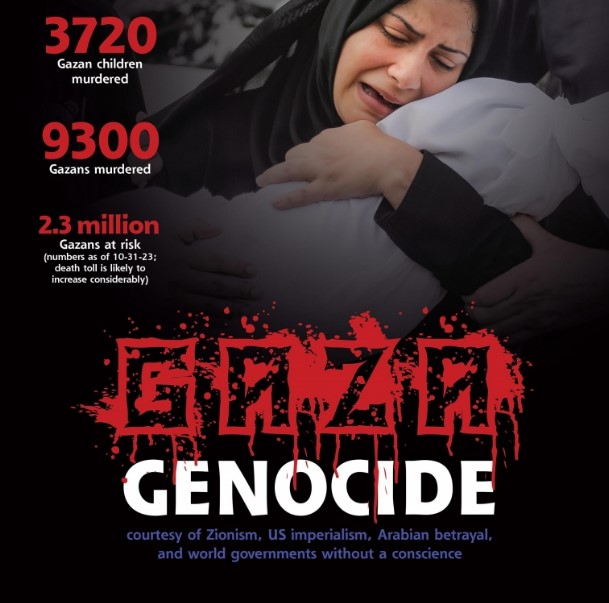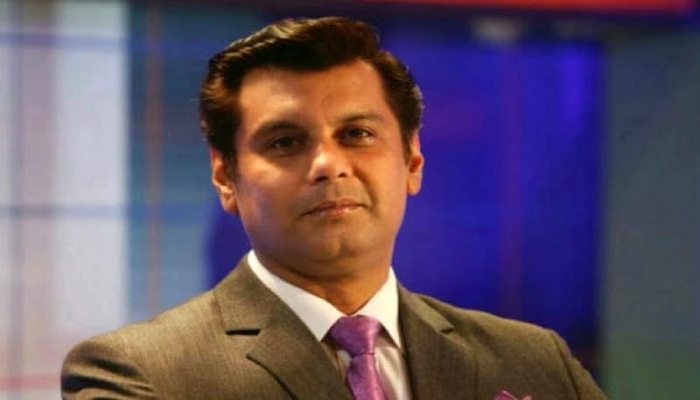Identity crisis
0 comments | by A.G. Noorani

Identity crisis A.G. Noorani THE deep divide between the forces of Indian nationalism and Hindu nationalism did much to thwart the movement for India’s independence. That divide has now come to the fore and threatens to subvert India’s secular constitution. Well before Quaid-i-Azam propounded the two-nation theory in 1939 and the Muslim League adopted the Pakistan Resolution in 1940, Lala Lajpat Rai had propounded the two-nation theory in 1899 and advocated the partition of India in 1923. V.D. Savarkar propounded the theory in 1923 in his book Hindutva. He did not advocate partition; but, as B.R. Ambedkar pointed out, Savarkar wanted a united India with the Hindus as the dominant ruling class. Now, Savarkar’s followers in the BJP, who have sworn by Hindutva in repeated election manifestos, are in the driving seat. Narendra Modi fought the 2014 election on the plank of ‘development’. The veneer peeled off during the election campaign in Bihar in October 2015. In November, The Economist observed that “although [the BJP] has a majority on its own, with a coalition as an optional extra, many hoped its emphasis on economic progress would nevertheless serve as a constraint. Mr Modi’s willingness to play communal politics in Bihar, and his failure to take a firm stand against those perpetrating crimes in the name of Hinduism, cast doubt on that. Perhaps ... he feels that he cannot alienate the BJP’s Hindu activists, who are an essential part of his support and electoral machine. “That is a disturbing notion, implying that defeat as well as victory in Bihar might make Mr Modi more beholden to the extremists. Worse, however, is the thought that perhaps he agrees with them.” In 2016, with an eye to the forthcoming state elections, the BJP has launched a campaign for the establishment of Hindu raj. Finance Minister Arun Jaitley lauded the nationalism of Savarkar last month and shrilly declared that this “is a huge challenge for us. ... We should consider this an ideological battle”. ________________________________________ BJP has launched a campaign for establishing Hindu raj. ________________________________________ Earlier, in February, Amit Shah, who was handpicked to be the BJP’s president by Modi, said that the prime minister “has been working to the true traditions and culture of this country and this is a proud moment for Hinduism”. The Times of India’s correspondent’s assessment was widely shared. The Hindutva card was played “by portraying Modi as a true Hindu nationalist … whose idea of governance was not limited only to material development of the country but also spiritual”. Modi must be the only head of government who ministers to the spiritual needs of the nation and to one section at that. The incident at the Jawaharlal Nehru University in New Delhi in February provided an opportunity to denounce secularists. Parliamentarian Asaduddin Owaisi’s declaration that he would refuse to chant Bharatmata ki jai was perfectly justified. An Indian, like the national of any other country, loves and is loyal to his country. No one has a right to demand that he worship it as well. This has been a long-standing demand of the Rashtriya Swayamsevak Sangh. Savarkar wrote: “Every stone here has a story of martyrdom to tell! Every inch of thy soil, O Mother! has been a sacrificial ground! … So to every Hindu, from the Santal to the Sadhu this Bharata bhumi this Sindhustan is at once a pitribhu and a punyabhu — fatherland and a holy land. “That is why in the case of some of our Mohammedan or Christian countrymen who had originally been forcibly converted to a non-Hindu religion and who consequently have inherited along with Hindus, a common fatherland and a greater part of the wealth of a common culture … are not and cannot be recognised as Hindus. For, though Hindustan to them is fatherland as to any other Hindu, yet it is not to them a holy land too.” He urged “Ye, who by race, by blood, by culture, by nationality, possess almost all the essentials of Hindutva and had been forcibly snatched out of our ancestral home by the hand of violence — ye, have only to render wholehearted love to our common mother and recognise her not only as fatherland but even as a holy land”. The country is an object of worship; “a common mother”. This is the basis for the RSS’ ghar wapsi (return home) campaign. The song Vande Mataram has these lines: “I bow to thee, Mother … It is thy image we raise in every temple, For thou art Durga holding her 10 weapons of war, Kamala at play in the lotuses and speech, the goddess, giver of all love, To thee I bow!” This is the nationalism which BJP leaders espouse today branding those who differ as ‘anti-national’. It is reflected in Amit Shah’s words: “BJP workers should launch a campaign against anti-national activities throughout the country.” The writer is an author and a lawyer based in Mumbai.





